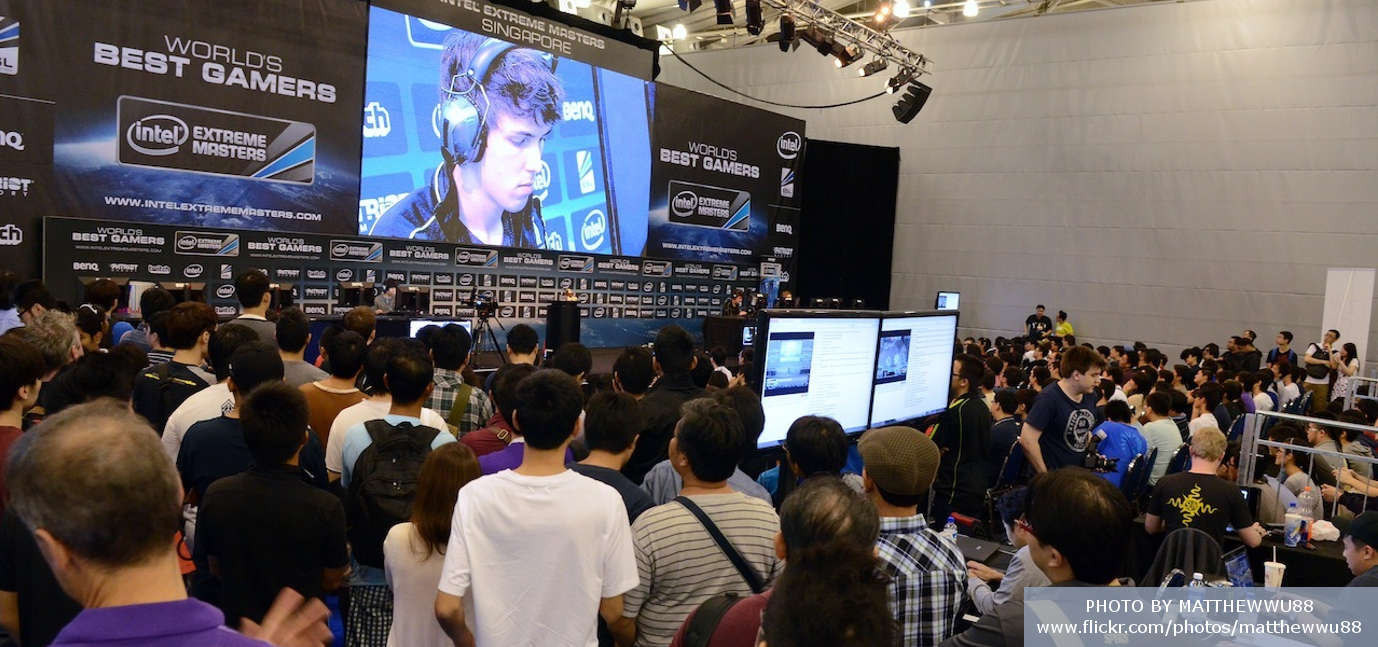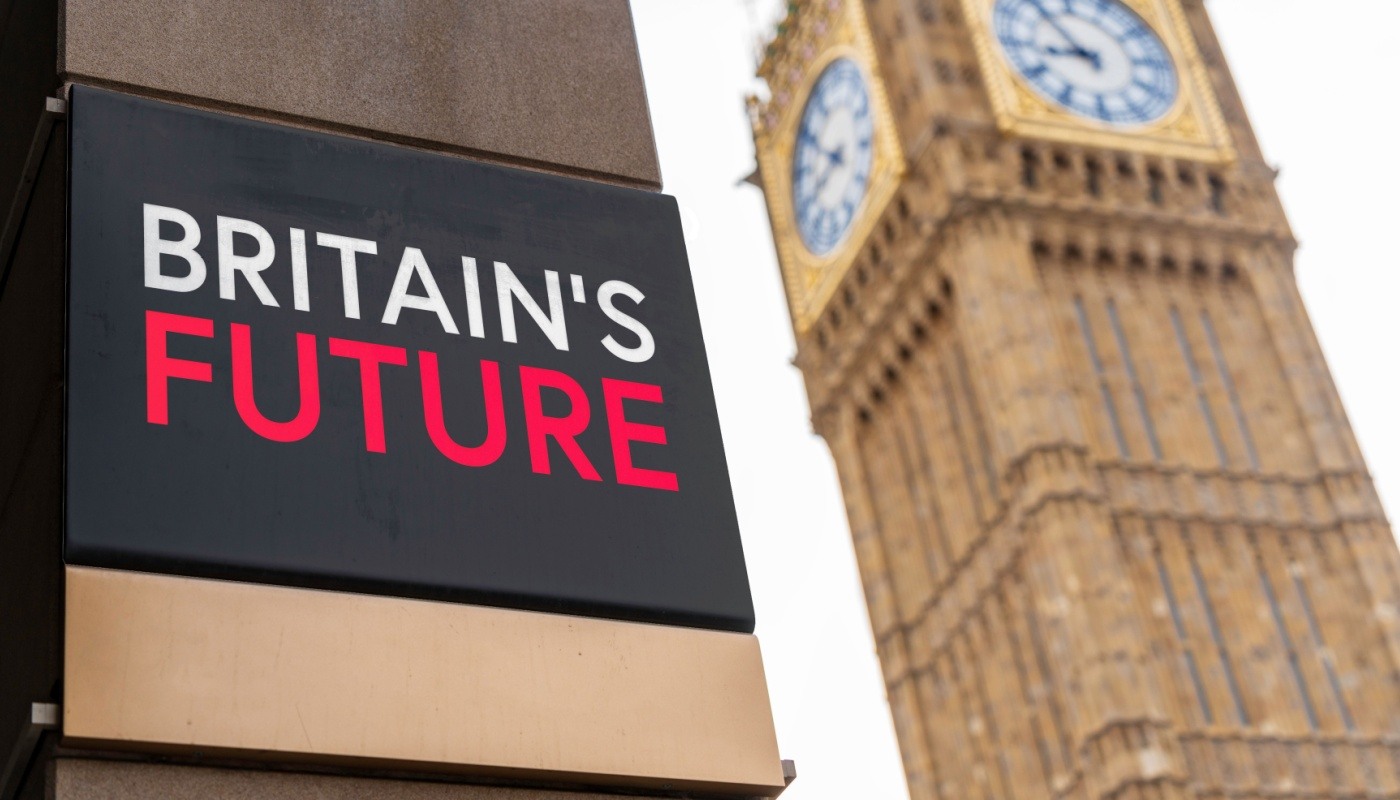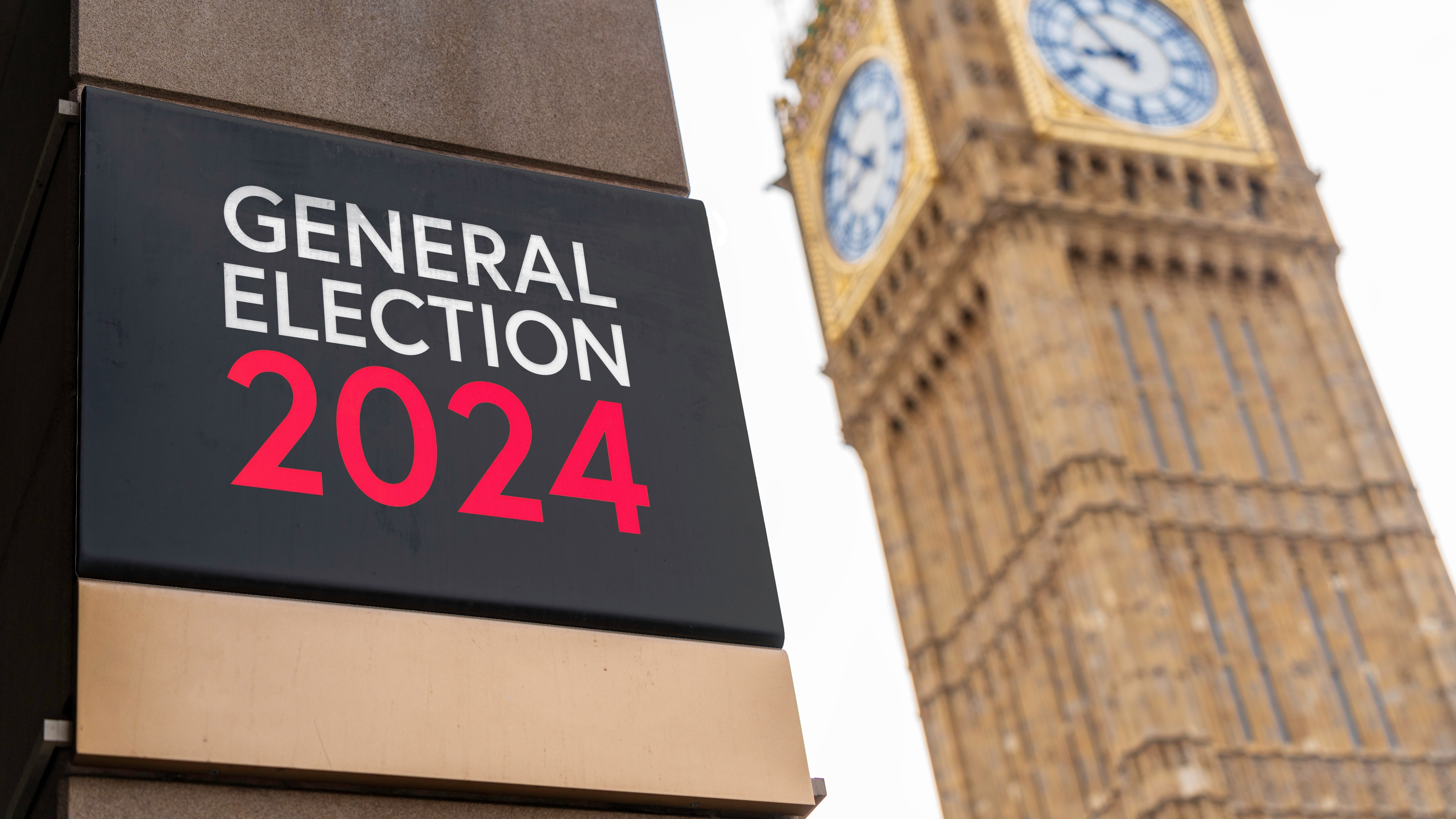eSports gambling – regulators take a closer look
by Inline Policy on 24 Aug 2016
The prospect of video gamers becoming paid professionals, and people placing bets on the outcome of contests, would have seemed unthinkable a few years ago. However, what has become known as eSports has rapidly risen to prominence in recent years as a result of growing interest and participation from consumers, a succession of business deals and industry expansion, regulatory interventions, as well as a few scandals. The market for eSports related gambling has also grown significantly.
eSports remains a mystery to many and one of the difficulties with the sector is in finding an agreed upon definition. In a recently published discussion paper, the UK Gambling Commission (UKGC) uses the term to “describe the playing of computer games which can range from play by two individuals to playing in professional competitions” with popular eSports “including real-time strategy, first-person shooter (FPS), and multiplayer online battle arena (MOBA)”. eSports tournaments such as the League of Legends World Championship are broadcast online via platforms such as Twitch to millions of viewers around the world. In South Korea, the country where eSports originally rose to prominence back in the 1990s, crowds of tens of thousands regularly attend major eSports events. Considerable prize money is also on offer for the winners of eSports competitions. The prize pool for a recent competitive contest built around the popular Dota 2 game held in Seattle was almost $21 million dollars, with $9.1 million on offer for the contest winner. There is also an increasing shift towards competitors being paid salaries as part of professional teams.
According to analysis from Deloitte, global revenues from eSports will generate $500 million in 2016, up 25% from 2015, and will likely have an audience of regular and occasional viewers of close to 150 million people. Sky and ITV have recently joined forces with video gaming TV channel Ginx TV to launch GINX eSports TV, which will become the UK’s first 24-hour eSports TV channel. ESPN and Yahoo have also launched dedicated eSports channels. One of the world’s leading video gaming companies, Activision Blizzard, struck a partnership deal with Facebook to deliver live eSports tournament coverage in May of this year. There have been other corporate developments in the past year with leading Daily Fantasy Sports platforms FanDuel and DraftKings moving into the eSports market. FanDuel acquired AlphaDraft, one of the leading eSports platforms, in September 2015 and DraftKings launched its own eSports offering around the same time, declaring on its website: “ We’re launching an eSports section on DraftKings, where you can play fantasy eSports and win big money, just like you do now with football, baseball, and all the other sports we cover.”
Football clubs are paying close attention and are increasingly seeing eSports as a way of generating interest in their respective clubs, especially among younger people. West Ham United Football Club, for example, recently became the first football club in the UK to sign an official eSports player, Sean Allen. Allen, who came runner-up in the 2016 FIFA interactive World Cup, has been given the official squad number of 50 and will now represent the club at all official eSports tournaments. Manchester City have also signed their first eSports player, Kieran Brown, who will represent the club at eSports tournaments. Diego Gigliani, Manchester City’s Vice-President of Media and Innovation, commenting on the appointment of Brown said: "As eSports continues to gain momentum, it makes sense for our club to be part of the action and get closer to our fans”. While there has broadly been an embracing of this growing phenomenon by clubs, a note of caution came recently from Premier League Executive Chairman Richard Scudamore, who said in an interview with the BBC that digital gaming and social media are among the biggest threats to keeping youngsters engaged in football.
eSports gambling – a growing phenomenon
The consumer and corporate interest in eSports is undoubtedly increasing. This has not gone unnoticed by policymakers and regulators, especially because there is an increasing market for eSports related gambling. The eSports gambling market is a nascent one, but it is growing and according to research from Eilers Research, consumers are expected to bet around $23.5 billion on eSports by 2020. The amount bet in 2015, according to this research, was only $250 million. The same report predicted that there will be 15,000 global events, awarding approximately $281 million in total prize money by 2020.
In the UK, a number of established British gambling operators have been taking bets on eSports since 2015, and there are some specialist operators also entering the market. The UKGC stated in its ‘Virtual currencies, eSports and social gaming’ discussion paper published earlier this month that “eSports present some particular challenges and risks for gambling regulation”. The UKGC makes clear that betting on eSports currently only accounts for a very small proportion of the British gambling market, with only a relatively limited range of betting options available. However, the amount being wagered on eSports is growing and there is an increase in range of eSports gambling products on offer, according to the Commission. The UKGC states that, in its view: “the regulation of betting on eSports is no different from any other event upon which bets can be placed. As we see it, betting on eSports presents risks that need to be managed in a similar way to other forms of betting and gaming, including the risk of cheating and match fixing and the risk that people will gamble excessively”. It goes on to conclude that it expects operators offering eSports to manage the risks, including the “risk that children and young people may try to bet on such events given the popularity of eSports with children and young people”. The UKGC is currently seeking feedback on a number of issues in relation to eSports, including whether more needs to be done to protect consumers and if there are any regulatory gaps which may need filling.
There have also been regulatory developments in other markets in relation to eSports gambling, and eSports more broadly. For example, the Netherlands’ gambling authority, Kansspelautoriteit, recently issued an advisory note on eSports betting in which it stated: “Playing games on the Internet (e-sports) is permitted. Betting on these games (betting) is a game of chance. For this, a license is required for anyone to be allowed to offer gambling in the Netherlands. At present it is not possible for e-sports betting to apply for a license in the Netherlands. E-sports betting is prohibited in the Netherlands.” It is worth noting that online gambling in the Netherlands is currently prohibited and a bill seeking to regulate and license online gambling is currently working its way through the Dutch Parliament. In Australia, the state government in South Australia recently directed the Independent Gambling Authority not to approve betting on eSports. Commenting on the intervention, John Rau, Minister for Consumer and Business Services, said “Children are particularly vulnerable to the attraction of gambling on sporting contests conducted on the platform of video games…. We do not want them to be introduced to gambling under the guise of a game.” In France, where eSports is currently classified as gambling, the Government is seeking via its Digital Bill to create an official recognition of eSports as a direct entity, with its own unique set of regulations. The proposals also seek to expand the definition of athletes to include competitive gaming players.
Virtual currencies and ‘skin’ gambling
One of the complicating factors for eSports gambling is that while cash is the currency for many gamblers, there is a growing trend towards the use of virtual currencies, or ‘in-game items’ which, according to the UKGC, can be “won, traded, sold or used as virtual currency to gamble with and converted into money or money’s worth”. These, according to the Commission, “include digital commodities (such as ‘skins’) which can be won or purchased within the confines of computer games and can then be used as a form of virtual currency on a growing number of gambling websites”. The UKGC recognises that the term ‘skin’ can mean different things in different games and concludes that where ‘skins’ are “traded or are tradeable and can therefore act as a de facto virtual currency and facilities for gambling with those items are being offered, we consider that a licence is required”. The UKGC took the opportunity in its discussion paper to reiterate that any operator wishing to offer gambling facilities to consumers in Great Britain, including use of digital currencies for real money gambling, must hold an operating licence.
Skin gambling sites have featured heavily in the news in recent months. Most notably, Valve Corporation, the American video game developer behind the popular Counterstrike: Global Offensive game, was served with class-action lawsuit papers alleging, among other charges, that it had violated gambling laws and engaged in racketeering with a handful of off-shore gambling companies. Valve subsequently sent cease and desist letters to 23 skin betting sites, giving them ten days to stop using its ‘Steam’ platform to conduct commercial gambling activity. CS:GO Lounge, one of the highest profile skin gambling websites, which received a cease and desist letter from Valve, announced in recent weeks that it has closed its virtual items betting functionality with immediate effect. There is particular concern that young people are engaging in skin gambling on unregulated sites which is not only having negative financial consequences in the short-term, but also acting as a precursor to serious gambling problems in adult life.
Self-regulatory initiatives and industry associations
While betting on eSports is increasing and regulators are examining this emerging trend, there are also other sector challenges which have emerged that new industry groups are looking to tackle. Three recent examples include the World eSports Association (WESA), the eSports Integrity Coalition (ESIC) and the British eSports Association. WESA was founded in May of this year and, in the press release issued to coincide with the launch, it stated that it would seek to “further professionalise eSports by introducing elements of player representation, standardised regulations, and revenue sharing for teams. WESA will seek to create predictable schedules for fans, players, organisers and broadcasters, and for the first time bring all stakeholders to the discussion table”. The ESL Pro League, which features leading players and teams in the Counterstrike: Global Offensive game, will become the first professional eSports competition that will be played under WESA regulations.
ESIC, launched in July 2016, describes itself as an “historic coalition of businesses that are usually in competition with each other, but recognise that they are all threatened by attacks on the integrity of eSports”. The four most significant threats to the industry, according to ESIC, are: cheating to win using software cheats; online attacks to slow or disable an opponent; match-fixing; and doping. Ian Smith, ESIC’s Integrity Commissioner, in an interview earlier this year said: “What eSports does need is regulation in certain, specific areas. For example, it should try to address things like child protection and issues around that because we have a lot of young participants. But what ESIC is focused on is integrity. In particular, we’re very focused on cheating. There’s ‘cheating to win’, using software or hampering your opponent with Distributed Denial of Service (DDOS) attacks and online attacks, or doping – ways of trying to win unfairly. There’s also ‘cheating to lose’, match fixing and betting fraud, which is the danger that eSports has not properly confronted and is not adequately geared up to deal with. That’s a problem for everybody, this isn’t a problem that’s unique to one game or one organiser or one publisher or one book maker. This is a common problem.”
The British eSports Association was formed in June 2016 and will act as the national governing body for eSports in the UK. It will work in conjunction with the UK Department for Culture, Media and Sport to "represent players at all levels; develop a grassroots competitive video game scene that will nurture future talent; support existing professionals and provide the infrastructure to create future British global champions" according to the association. It is clear that with consumer interest in eSports rising rapidly it will be vital for the industry to work collectively to retain consumer trust in the integrity of the events, or else the momentum that has developed in the sector in recent years could stall.
Conclusions
While gambling on eSports is a niche activity, it looks set to become a more prominent element of sports betting in future years, especially as the eSports industry looks set to continue its rapid rise. Much of the growth in the eSports gambling market will depend on the regulatory framework that develops and whether consumers have trust in the integrity of the events. What is certain is that the regulatory and business environment for eSports gambling operators will vary from country to country and will largely be determined by the existing environment for gambling operators. Given that this is a new trend in online gambling it will also take time before substantive data emerges which can be used to track trends and inform policy development. With regulators such as the UKGC looking closely at eSports gambling, it will be imperative for operators to engage with regulators to ensure that the sector and the activity is understood.
Photo via Flickr (CC BY 2.0)
Topics: eSports, Financial Services Regulation, UK business, Online gambling, Economic policy, Big Tech







Comments